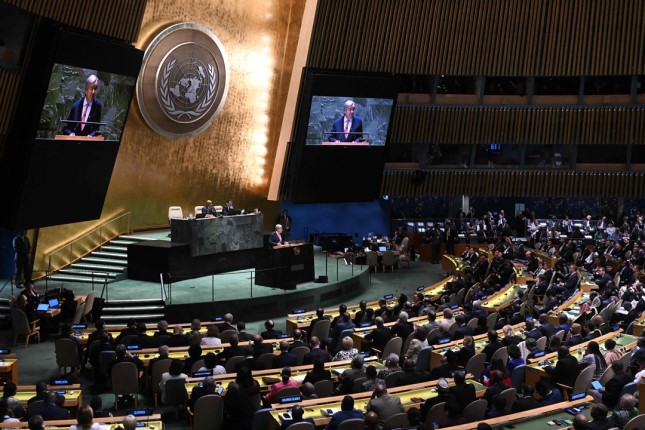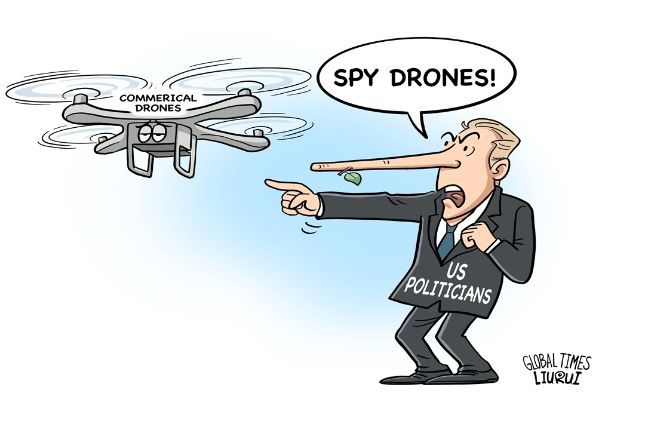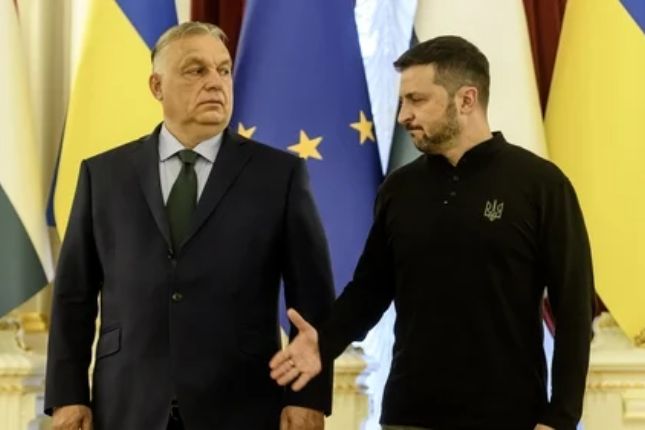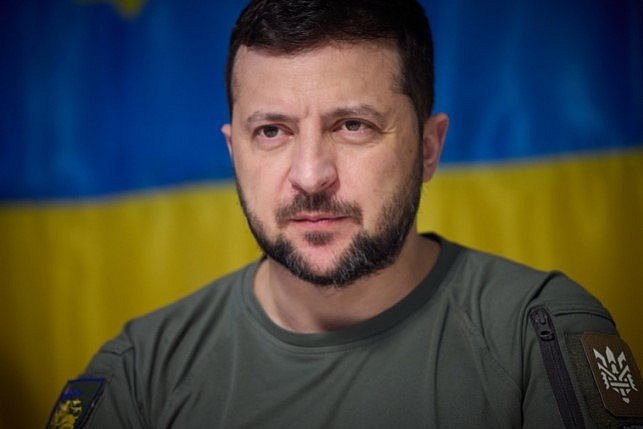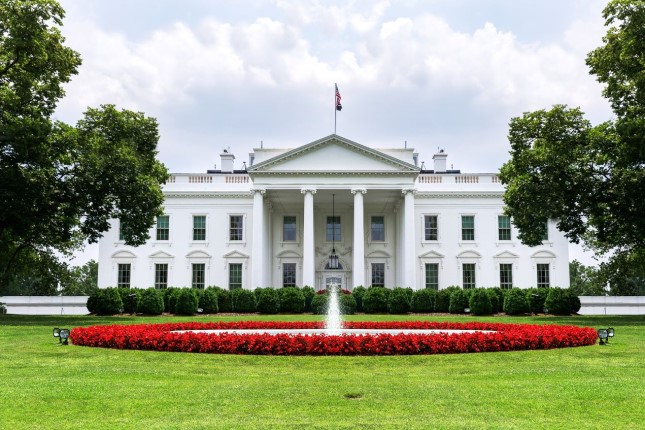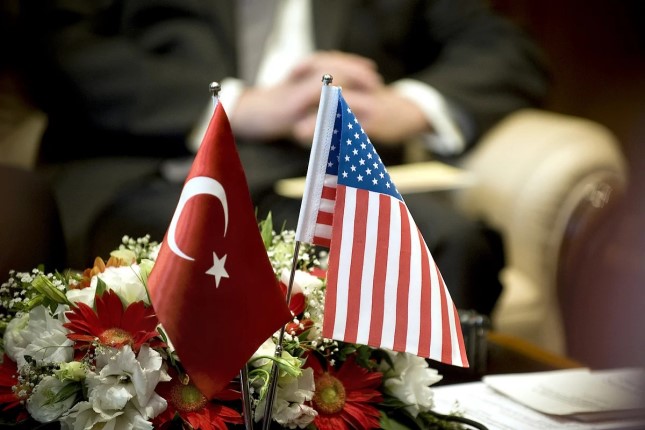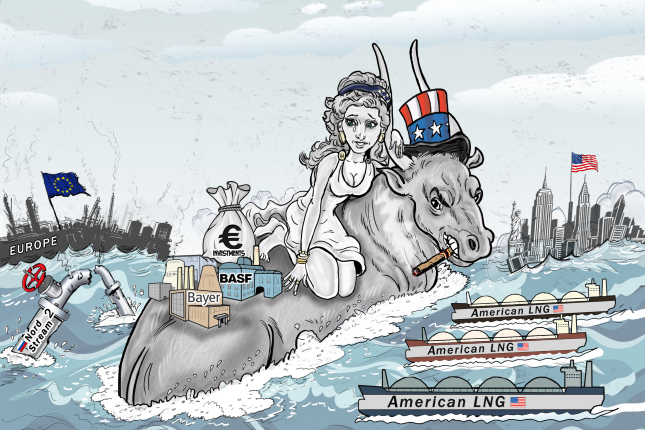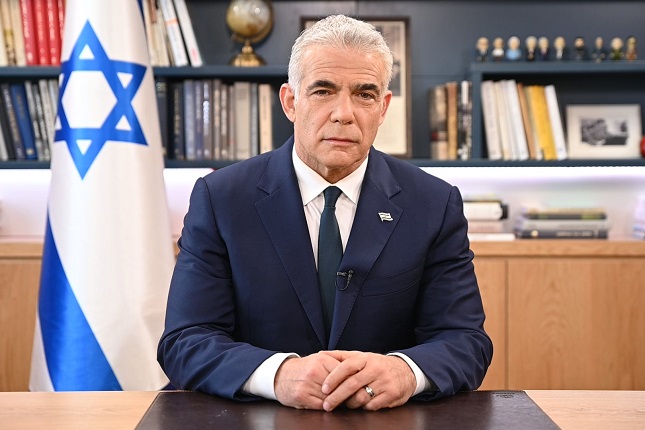He has made the Ukraine crisis the spotlight of the gathering to shore up alliance of US-centered small cliques and used the crisis as a weapon to attack other countries at the meeting; whilst also covering up his cliché, hollow proposals for the Global South's development, which is the main focus of this year's UNGA.
Biden's move of diverting the focus of UNGA has again assured Global South countries Washington's lack of interest in helping developing nations, said Chinese experts.
Apart from the usual snarling at Russia, Biden also made what seemed like softened-tone remarks on China-US relation, as "to responsibly manage competition" between Beijing and Washington "so it does not tip into conflict." In the eyes of Chinese experts, the US president's words only show the White House now has few arrows in its quiver for handling the world's most important bilateral relationship. They believe that although bilateral ties still have a "window of opportunity," the US' usual actions-don't-match-words practice makes it harder to predict if Washington will take any action to improve ties.
Speaking at UNGA on Tuesday, Biden called on world leaders to not let support for Ukraine diminish, arguing that Russia is counting on countries to grow tired of a prolonged conflict in Kiev which will "allow it to brutalize Ukraine without consequence."
He claimed that the world must remain united in defending Ukraine against Russia, warning that no nation can be secure if "we allow Ukraine to be carved up."
Attempt to hijack UNGA
As expected, the US president has put the Russia-Ukraine crisis at the center stage at this year's UNGA, despite the annual high-level General Debate is themed "rebuilding trust and reigniting global solidarity."
By emphasizing the Ukraine crisis, the US can successfully enhance alliance of its small cliques, and also use the topic to smear and crack down on other countries, hijacking the UNGA to serve as the US geopolitical weapon, Li Haidong, a professor at the China Foreign Affairs University, told the Global Times.
It is also reported that Biden will urge the UN to expand the Security Council for the US to add countries including Germany and Japan to dilute influence of China and Russia.
European Council President Charles Michel will ask China directly at the United Nations Security Council to do more to push Russia toward a "just peace" in Ukraine, according to his draft speech seen by Reuters at the UNGA.
In a video circulating online, Biden fumbled when talking about the Russia-Ukraine crisis, mistaking the UN for the US: "If we abandon the core principles of the US (UN Charter) to appease an aggressor…"
Li said although the ongoing crisis is an urgent matter that awaits to be resolved, it is still not the top priority for most developing countries, who are counting on the UNGA to help them solve development dilemmas. "The US' seeking of using such valuable platform to sow discord and tear up solidarity may invite resentment of the Global South," Li noted.
Dennis Francis, president of the 78th session of the UN General Assembly who presided over the opening of the debate of this year's UNGA, said on Tuesday that "I urge you, member states, to use this high-level week not to fan the flames of conflict and hostility, but instead, to opt for dialogue and diplomacy. We must remember that peace is an investment in our collective prosperity."
While some progress had been made on the Sustainable Development Goals (SDGs), the SDG Summit is being convened on the sidelines of the General Debate in a context where there have been unacceptable delays and rollbacks, Francis noted.
Unfortunately, Biden, who touted US global leadership, has failed to offer substantial proposal to push for the development of the Global South. He simply said "we all need to do more" when it comes to accelerating global progress on the SDGs.
Lü Xiang, a US studies research fellow at the Chinese Academy of Social Sciences, described Biden's speech as "hollow." "The only applause he received was when he was talking about marshalling allies to defend Ukraine … Maybe this is the only thing he feels proud of. However it also revealed the fact that the US has little interest in Global South affairs."
US stuck in bottleneck
"When it comes to China, let me be clear and consistent," Biden said. "We seek to responsibly manage competition between our countries so it does not tip into conflict. I've said we are for de-risking - not decoupling - with China."
Biden emphasized that Beijing and Washington need to cooperate on climate, and referenced recent natural disasters - devastating heat waves, droughts and floods - around the globe as part of a "snapshot" that tells the "urgent story of what awaits us if we fail to reduce our dependence on fossil fuels and begin to climate-proof the world."
When meeting with US Special Presidential Envoy for Climate John Kerry on the sidelines of the UNGA on Tuesday, Chinese Vice President Han Zheng said that China will be unswervingly committed to working toward the dual target of peak carbon emissions and carbon neutrality.
Maintaining China-US dialogue and cooperation on climate change is of great significance to both countries and the whole world, the Chinese Vice President said. China stands ready to strengthen communication, deepen cooperation with the United States and jointly advance climate governance so as to make greater contribution to human development, Han said.
Lü said to his surprise, Biden's speech on China is rather short, and half of it was focused on climate change [the one area the two countries have relatively friendly cooperation]. He opined that the US has been discreet in its wording describing China-US ties.
The expert said the US has entered a bottleneck period in managing its ties with China. There are few arrows in US' quiver of what remarks should be made, what actions should be committed toward China, and Washington is now under pressure of making such decisions.
The US always says one thing and does the other, so China is observing whether it will make concrete action in improving ties, said Lü, noting that although there is still a "window of opportunity" for bilateral ties, it is difficult to determine whether the US will take actions in pushing ties forward.
Before Biden's speech, Han met with US Secretary of State Antony Blinken on the sidelines of the UNGA, during which Han said a healthy and stable China-US relationship is good for the two countries and the world.
Wang Yi, director of the Office of the Foreign Affairs Commission of the Communist Party of China Central Committee, and US National Security Advisor Jake Sullivan also met in Malta on Saturday and Sunday, during which the two sides agreed to continue to implement the important consensus reached by the two heads of state during their meeting in Bali - maintain high-level exchanges, stabilize and improve China-US relations.
Photo: UN Secretary-General Antonio Guterres delivers annual report on the work of the organization ahead of the Assembly's annual General Debate at UN headquarters in New York on September 19, 2023. "Global governance is stuck in time" he said, calling for multilateralism to be remade for the 21st century © AFP.
Source: The Global Times.
